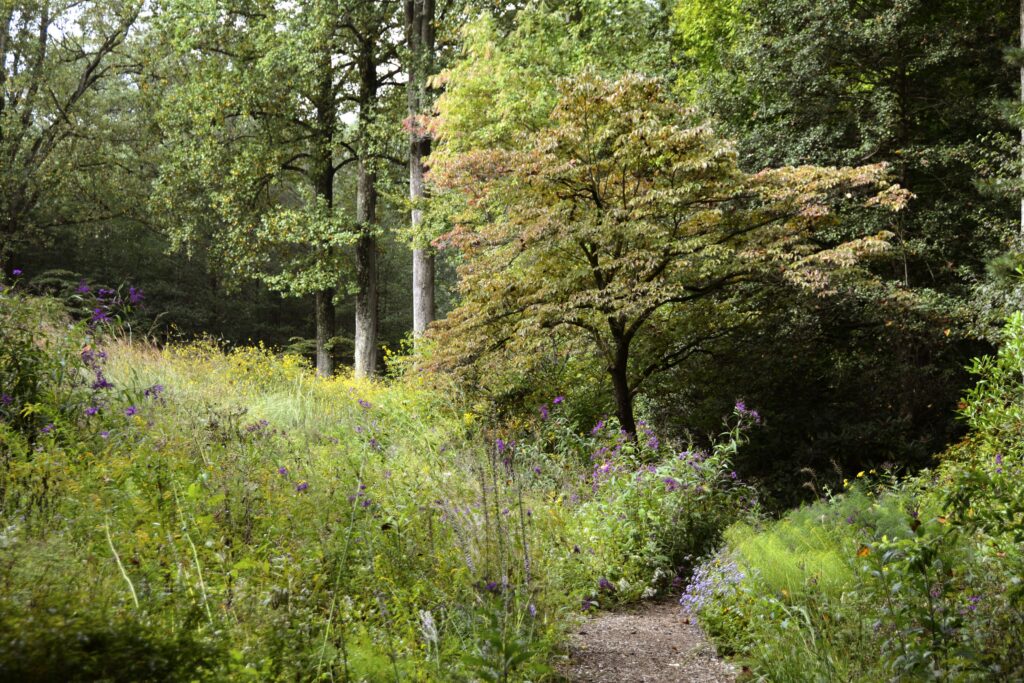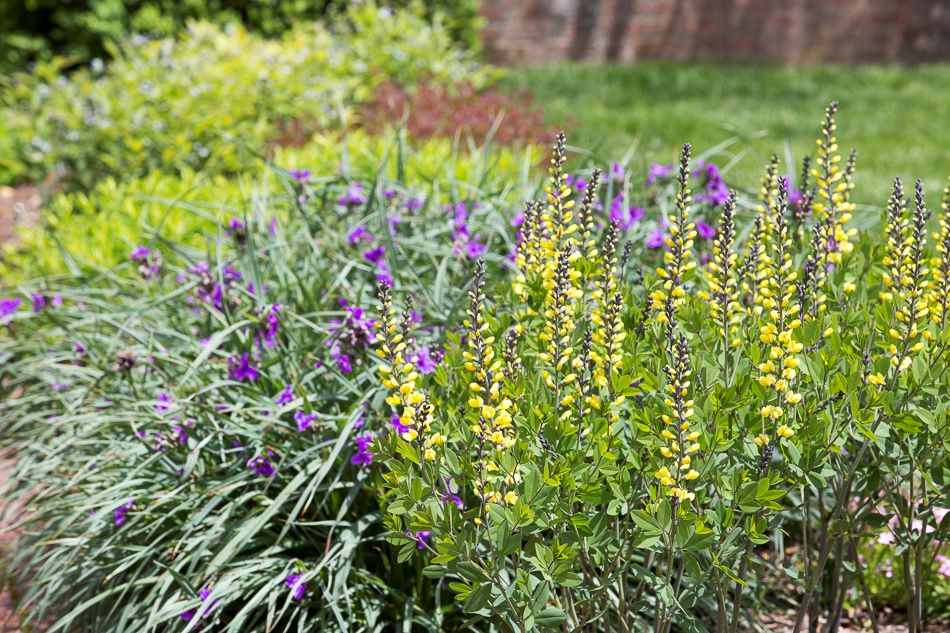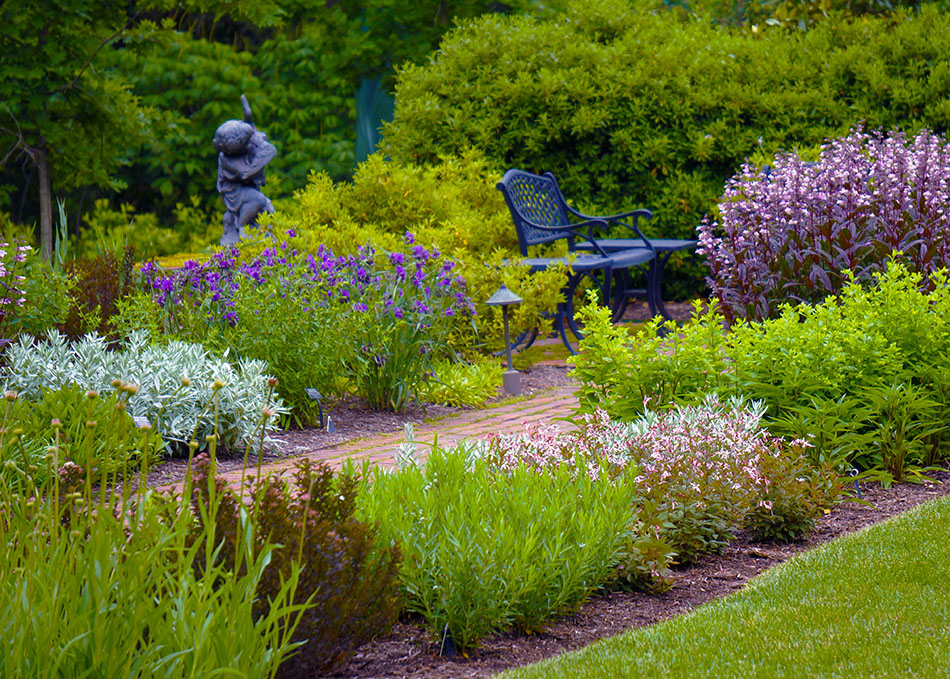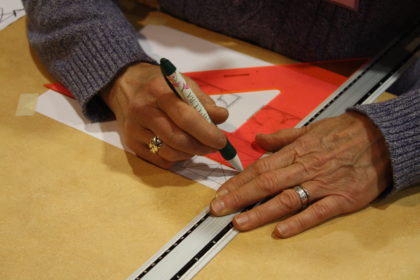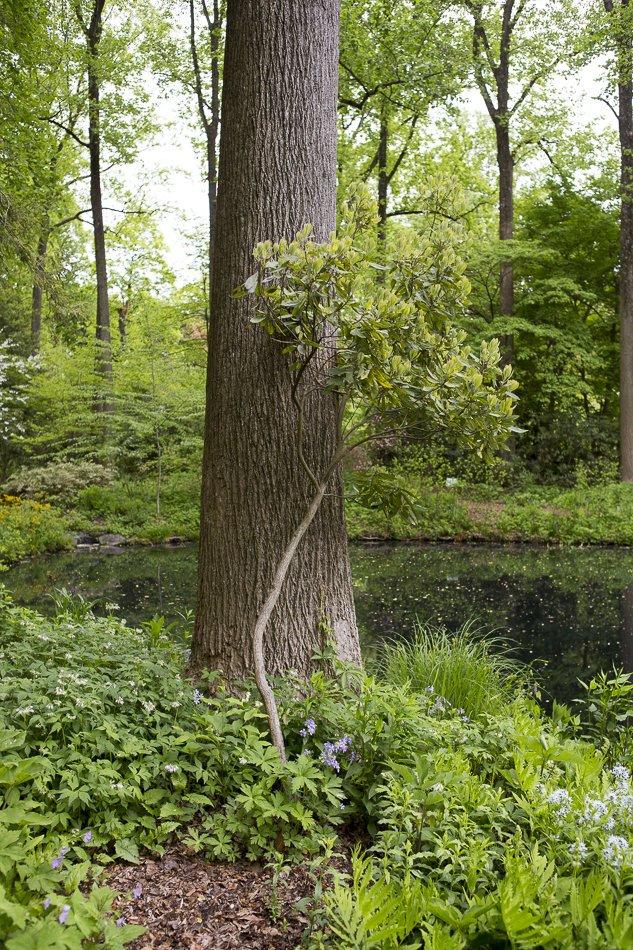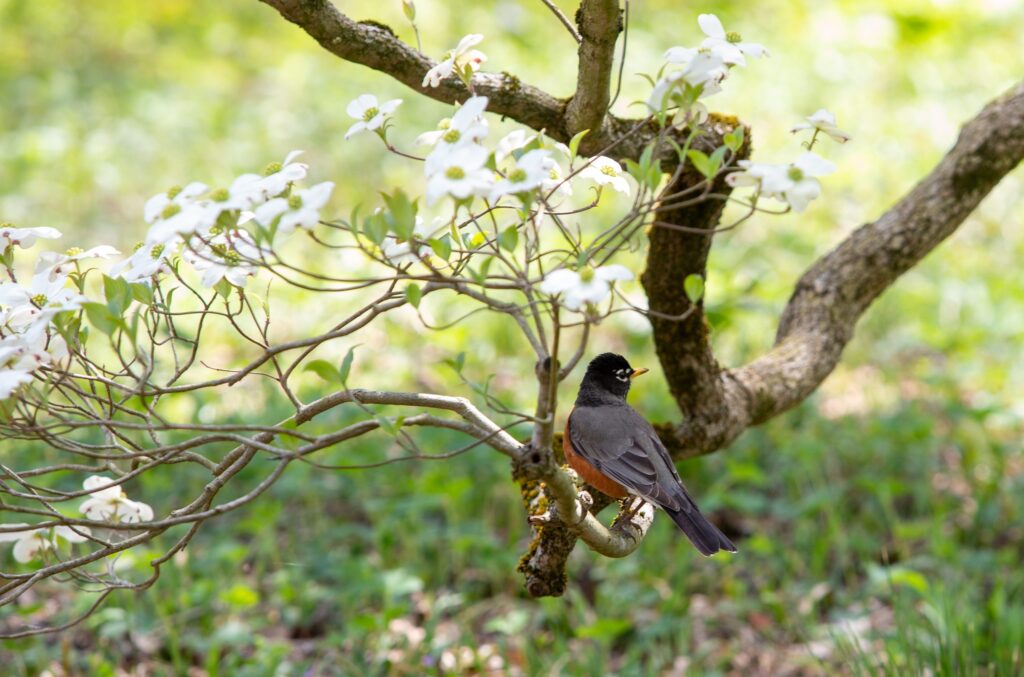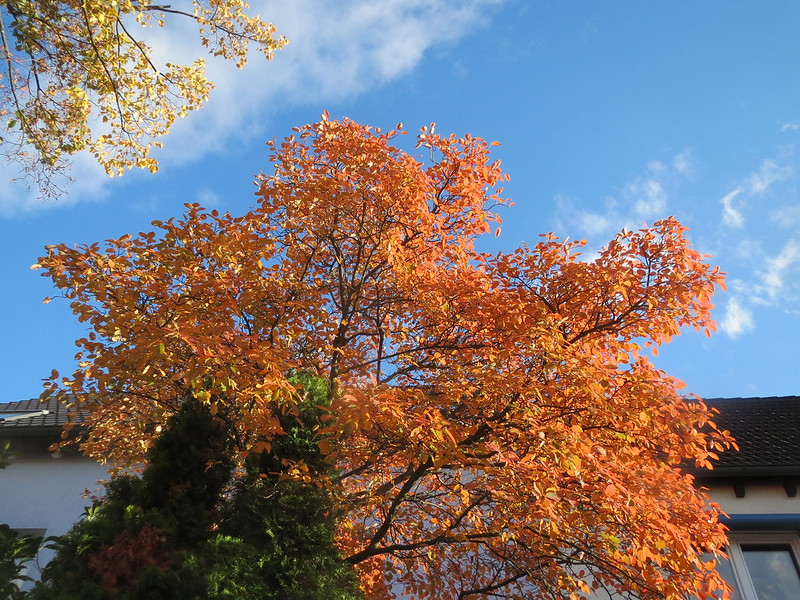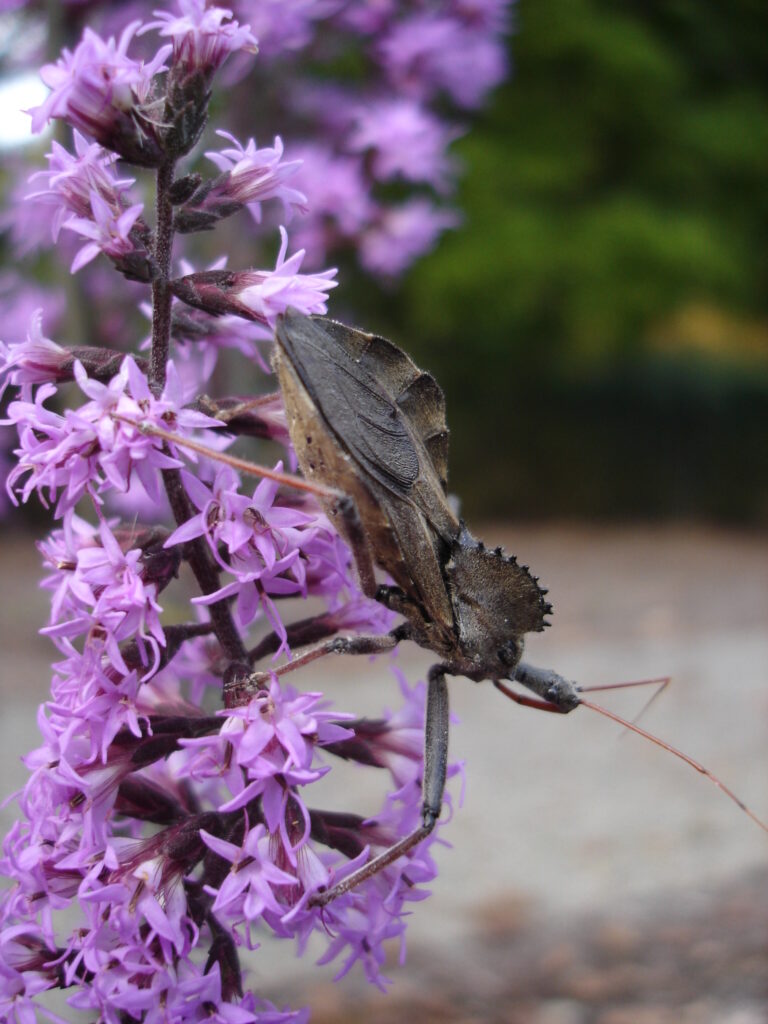Create more ecologically sound landscapes by implementing a variety of sustainable gardening and landscaping techniques. Learn how to manage and conserve water using rain gardens, bioswales, and rain barrels. Reduce the demands of lawn care by adding meadow areas and increase your energy savings with strategically placed layered plantings. Develop your garden to support a
MoreOur highly popular Native Plants Series is available in a new course format. View the prerecorded lectures at your own pace prior to joining Mt. Cuba staff for scheduled onsite garden tours. Please note – attendance to garden tours and exam are required if you are working towards the Ecological Gardening Certificate. As Earth awakens
MoreAs Earth awakens from its winter slumber, experience the colors, fragrances, and rapid progression of spring-flowering native plants. Through lectures and outdoor labs, learn to identify 60 beautiful and ecologically valuable trees, shrubs, and herbaceous perennials. Examine the identifying characteristics of each plant and its preferred growing conditions, overall size, and environmental significance. With this
MoreEcologically sound landscapes are adapted to local environmental conditions and require fewer inputs to achieve success. Learn how to measure, inventory, and analyze a site; then make a conceptual design and planting plan using the “right plant, right place” approach. Broaden your design perspective, increase biodiversity in the landscape with native plants, decrease space dedicated
MoreDevelop a deeper connection to trees by understanding their outsized role in our natural ecosystems. Trees provide habitat and food. They support nutrient cycling in forest systems through leaf-drop and decomposition, mediate temperatures, mitigate storm water, and soil erosion, and are culturally significant to the mid-Atlantic region. Examine the ecological features of trees while learning
MoreDevelop a deeper connection to trees by understanding their outsized role in our natural ecosystems. Trees provide habitat and food. They support nutrient cycling in forest systems through leaf-drop and decomposition, mediate temperatures, mitigate storm water, and soil erosion, and are culturally significant to the mid-Atlantic region. Examine the ecological features of trees while learning
MoreTransform your landscape into a garden that attracts a wealth of beneficial wildlife, including birds, mammals, amphibians, and a wide variety of insects. Unlock the important connections between pollinators, plants, and habitats they require. Explore Mt. Cuba’s naturalistic gardens to observe the best native plants for migrating and resident birds. Learn the importance of having
MoreNative plants of the mid-Atlantic region are beautiful, inspiring, and critically important for healthy landscapes. From the subdued colors and fragrances of spring wildflowers to the exuberance of summer perennials and the captivating hues of fall foliage, discover a wealth of plants that satisfy your gardening needs throughout the seasons. Using Mt. Cuba Center’s stunning
MoreExplore the dynamic and diverse plant communities present in our area. Learn how ecology, geology, hydrology, plants, and animals all interact to create healthy ecosystems through classroom study and field trips. Understand the complexities of these communities and how this information influences your home landscaping decisions. Enrich your learning with resources including the Flora of
MoreEvery garden is home to a host of life. Unfortunately, some of the six- and eight-legged inhabitants are detrimental to the health and survival of plants. Learn how to manage insect pests in your garden using a “sustainable toolbox” approach. Focus on integrated pest management techniques as well as the identification of both harmful and
More
